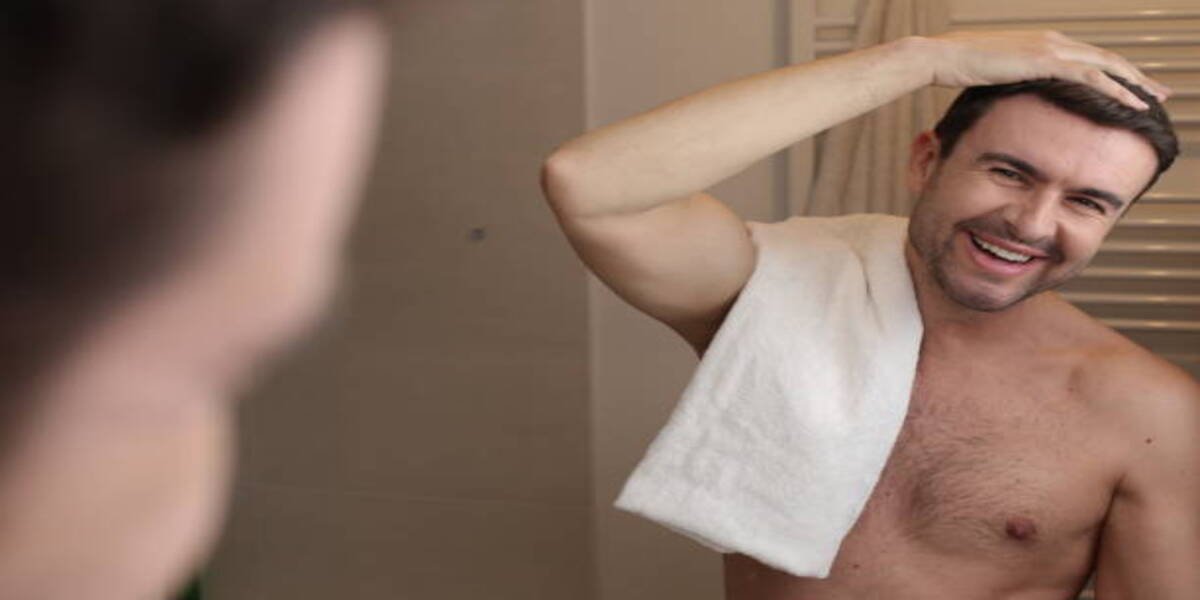
Hair loss is a major concern for both men and women, affecting self-confidence and self-esteem. Luckily, scientific progressions have led to effective and operative solutions for this cause. Hair transplant surgery is such an effective solution for the personals who deal with constant hair loss. Well, the procedure is significant and needs extra care once it is done. Hair Transplant is an enormous surgery on its own but its aftercare is more essential for people seeking for it.
In the article below we are going to cover all the Do’s and Don’ts after a hair transplant surgery and at the same time it is going to provide you with important recommendations for post-hair care for your healing journey. With unremitting advancements and the proficiency of skilled surgeons, the hair transplant not only restores your confidence but also reinstates your natural beauty.
It can provide a durable solution to the challenges posed by hair loss. Getting a hair transplant is a substantial decision and being well-informed safeguards your smoother and more satisfactory experience. In this article, we will delve into the various aspects of hair transplant including some do’s and don’ts of it.
Post-Operative Essentials – Minimizing Risks and Maximizing Results
Do’s after a Hair Transplant
- On top of the list is to follow post-operative instructions, Your transplant surgeon will provide you with basic guidelines to heal early including your early stages of medication, the techniques to wash your transplant area, and last but not least to avoid the activities during the recovery period.
- Sustain cleanliness of the affected area, slowly and gently clean the area as per your surgeon’s instructions to refrain from infection. Do not use high-sulphate shampoos, your preference should be mild shampoos to clean. Avoid scratching and rubbing the area.
- Cover your head in direct sunlight, and also avoid going out in the blazing sun as it can cause harm to your newly transplanted glands. Apply sunscreen for better protection from harmful UV rays emitted by exposure.
- Raise your head while sleeping, uplifting your head while sleeping during the initial days after your surgery, this specific act can help you reduce your swelling. Use an extra pillow or wedge cushion to elevate the position.
- Be Patient during the restorative process, it is vital to exercise patience, this whole process can take up to several months or maybe a year. Understand that maintaining a positive outlook is crucial.
Don’ts after a Hair Transplant
- Be very careful and avoid activities that may come into contact with your scalp, it can be direct or indirect as it can displace implantations and impede the healing process.
- Consumption of alcohol can be harmful and can slow your recovery which can be painful.
- Energetic activities such as gym, weightlifting, and more physical efforts, intense exercises, or activities that may cause sweating can cause an increase in your blood flow and pressure, which can supposedly damage the newly transplanted glands.
- Not attending doctor appointments, and not regularly following up on the appointments with your hair transplant is harmful for you and can slow down your recovery process. Complying with scheduled appointments ensures the best possible outcome and allows for timely adjustments if required.
Maintenance and Lifestyle Tips for Long-Term Hair Health
Nurturing your transplanted Tresses
- Implementation of a careful and regular washing routine to maintain a clean and infection-free scalp is very much needed.
- Electing the right products is also very essential and understanding the significance of adequate hydration and nourishment for both transplanted and existing hair is also substantial.
- Direct contact with pollution can also cause problems for your new strands. Avoid going to polluted spaces.
- Nutrients also play an important role in your healing journey, it is like feeding your follicles from within. Taking a balanced diet is important, as identifying key vitamins and minerals is crucial for promoting your overall health.
- Water intake is another key factor in maintaining optimal hair condition.
- Incorporate relaxing techniques in your routine and stay away from stress. That can play a vital part in your healing process.
Diversity of Hair Transplant – Beyond the scalp
As you know we have made so many advancements in hair transplant that it is possible to think beyond the line. Yes! You can unquestionably get your facial hair transplanted. You can enhance your beard density and get a fuller look for your moustache and also restore your eyebrows. Micro grafting and non-surgical options are also available in the market. There are potential complications and risks but if you have a good surgeon then he got you covered.
The journey to sustaining long-term hair health after your transplantation process includes a blend of thoughtful practices, personalized care, and constant collaboration with your healthcare professional. By implementing all of these you can nurture the natural beauty of your transplanted tresses.
